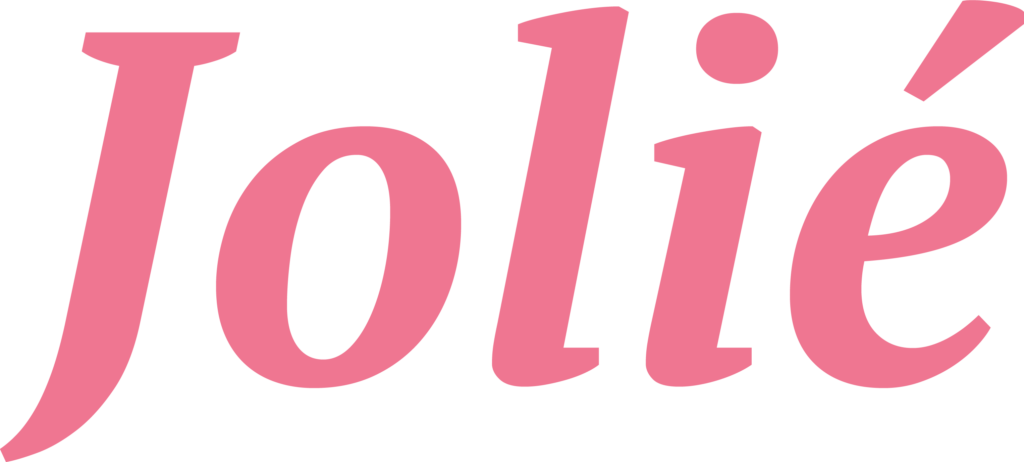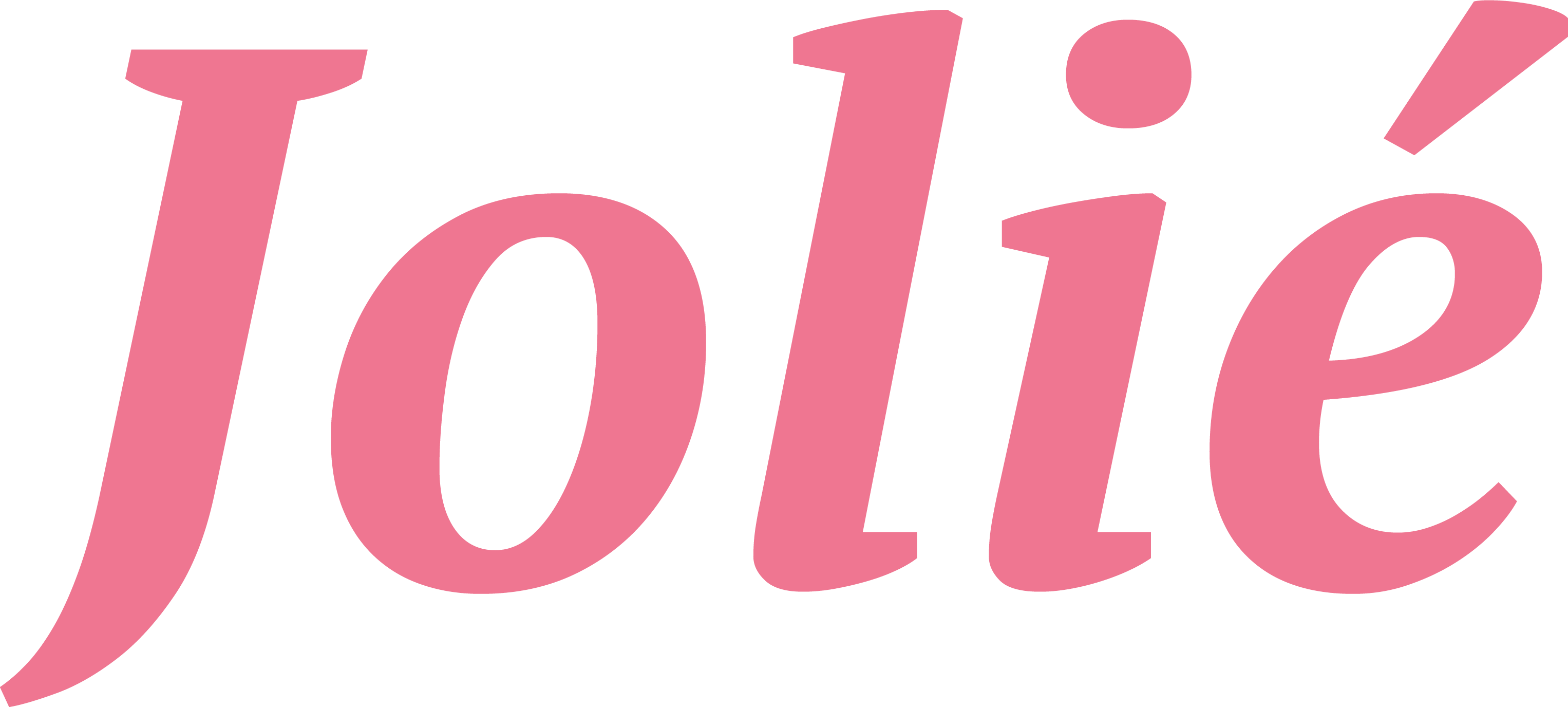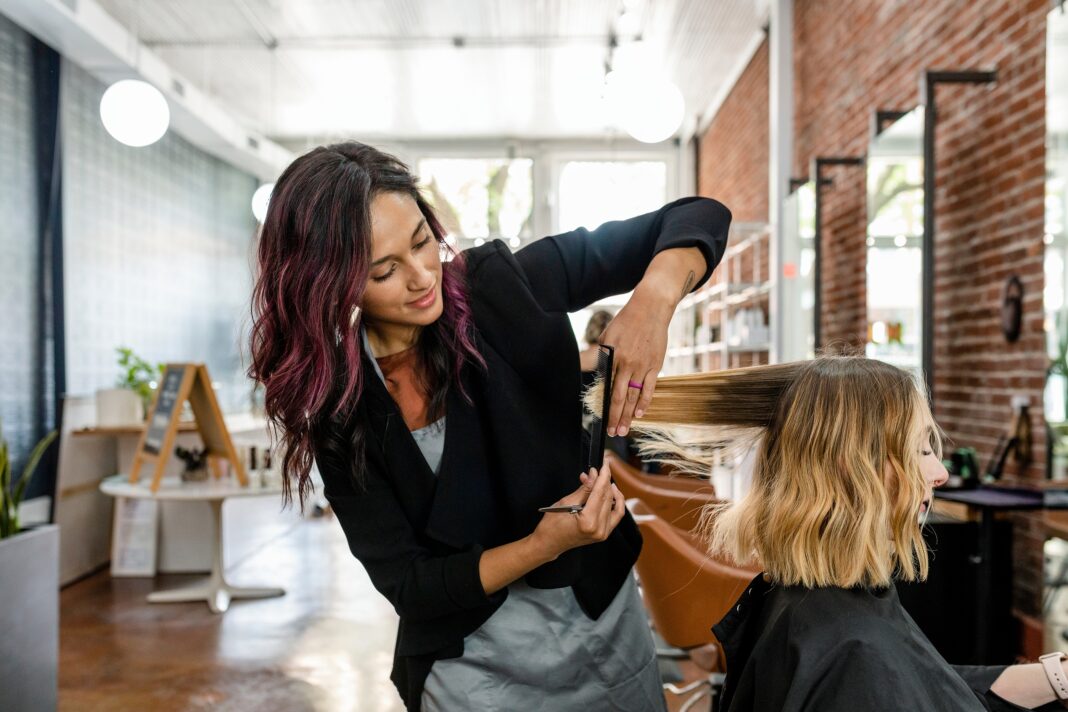Have you ever found yourself pouring your heart out to your hairstylist during a trim or color session? If so, you’re not alone. Many people see their hairstylist as more than just a beauty expert; they’re unofficial therapists, confidantes, and sounding boards. Recognizing this unique dynamic, some innovative minds in the hair care industry are now training stylists in mental health care to enhance this natural aspect of their role.
Dr. Afiya Mbilishaka, a passionate hairstylist and a clinical psychology PhD, is leading this charge with her initiative called PsychoHairapy. Merging her love for hairstyling with her expertise in psychology, Dr. Mbilishaka is on a mission to formalize the therapeutic role of hairstylists. PsychoHairapy offers a 12-hour training course where salon workers learn to identify mental health issues and develop counseling skills, creating a bridge between hair care and mental health care.
This movement is not just about recognizing hairstylists’ roles as confidantes; it’s also about empowering them with the skills to handle sensitive conversations and mental health crises effectively. Organizations like The Confess Project and Lions Barber Collective are also stepping up, offering training programs to help stylists become mental health advocates in their communities.
The connection between hair care and mental health is more profound than it may seem. Dr. Mbilishaka explains that hair can be an indicator of a person’s mental state. Poorly maintained hair, for instance, might signal mental health struggles, echoing ancient beliefs where unmaintained hair was seen as a cry for help.
However, as these programs gain momentum, it’s crucial to maintain boundaries. Hairstylists are not replacing professional mental health services; they’re acting as a bridge to professional care. Training emphasizes the importance of referring clients to mental health professionals when necessary and maintaining personal boundaries to avoid burnout.
Beyond training, there’s a need for self-care among stylists themselves. The emotional labor of dealing with clients’ issues can be taxing. Programs like Head Up, initiated by L’Oréal Professionnel Paris in partnership with The Resilient Hairdresser, focus on teaching hairstylists resilience and self-care techniques.
The Bird House salon in Brooklyn, New York, is a shining example of how salons can embrace this dual role of stylists. Offering services like ’emo cuts’ for clients going through emotional times and ‘chemo cuts’ for those undergoing cancer treatment, The Bird House recognizes the deep connection between our emotional state and our hair.
In conclusion, as we see hairstylists being trained as mental health caretakers, we’re witnessing a beautiful convergence of beauty and wellness. It’s a recognition that sometimes, a haircut is more than just a change of style; it can be a transformative experience, marking new beginnings and personal growth. So next time you’re in the salon chair, remember, your hairstylist might just be your unsung hero in more ways than one.








